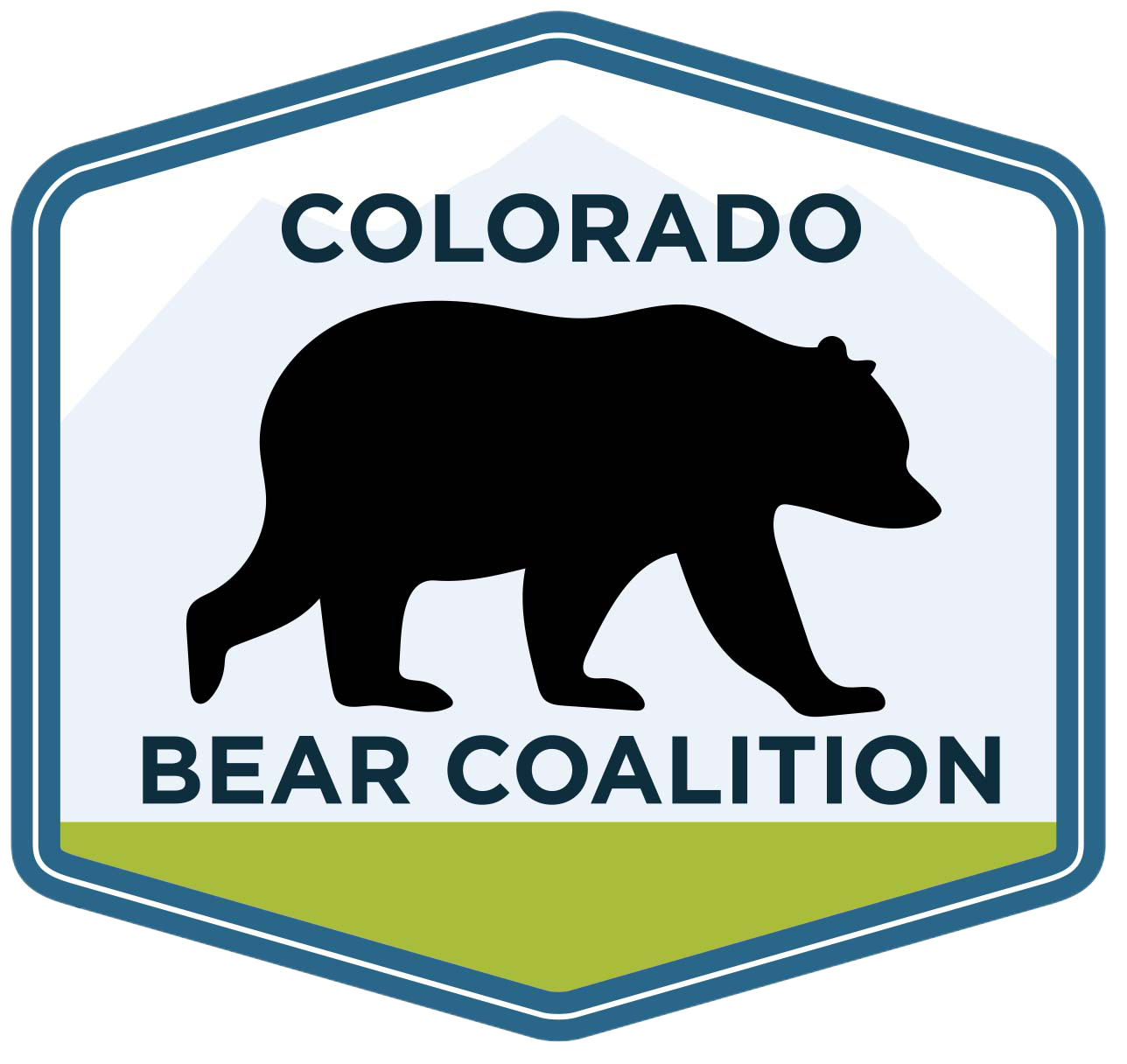Attractants
Bears typically avoid people but might come into populated areas in search of food.
Bears have an excellent sense of smell, memory, problem-solving abilities.
A bear getting food from human sources learns to associate food with people and urban areas. Once it has found food, it may return to the same location again and again, even over extended periods of time. Once a bear has found food items from one source, it may associate all similar items with food. For example, a bear may try to investigate all cars, decks, bird feeders, grills or coolers. A bear that has found food in a neighborhood will likely explore the surrounding areas for more food.
Urban environments and trash are dangerous for bears.
This is because bears in urban environments can encounter cars, electric utility poles, sharp or indigestible items in garbage, dogs, humans and other hazards.
A bear that becomes comfortable in urban environments can become habituated and lose its natural fear of humans. This can have lethal consequences for the bear. For this reason, it is important to discourage bears from entering human areas.
Actions you can take:
Remove or secure all attractants. Attractants include: trash, food waste, bird seed, hummingbird feeders, pet food, bee hives, fruit, and uncleaned grills. You can keep trash in a secure structure such as a garage or shed, but note that bears can and do break into structures. Occasionally clean out your trash can with bleach and water to reduce odors.
Trash and compost should always be stored in bear-resistant containers. Make sure your recyclables are thoroughly cleaned before placing in a recycle bin.
Store trash in a secure location until the day of pickup.
Bird feeders should be removed from April - December. Bears can be active at all hours, so bringing in feeders at night is not a solution. Hanging flower baskets and bird baths are great for attracting birds - and not bears.
Keep all domestic and livestock feed secured in a bear-resistant container.
Remove fruit from the tree before it ripens and remove any fallen fruit. Contact your local gleaning group, if one exists, or invite neighbors and friends over to help harvest.
Clean grease traps and burn off excess foods from your outdoor grill.
Install electric fencing, which is highly effective in protecting chickens, livestock, beehives, fruit trees, compost and more.
Use “unwelcome mats” to deter bears from entering homes or structures or to discourage a specific bear from a repeat offense.
Don’t leave dogs unattended, especially for nighttime bathroom breaks.
Keep garage doors closed and locked, even if you are home. Consider replacing exterior lever-style door handles with round knobs.
Close and lock all ground floor doors and windows unless you are in the room.
Always close car windows completely and lock doors.
If you see a bear on your property or in your neighborhood:
First, leave the bear alone and assess the situation.
If either you or the bear is in imminent danger, call 911, animal control, the sheriff or local law enforcement.
Do not corner the bear. Ensure that that bear has an escape route.
Evaluate if it is safe to haze the bear. That is, be sure you are in a safe location and that you can retreat if the bear moves closer. Never haze a bear if it is in a tree, has no escape route or if it might move towards people or cars. Hazing can include banging pots and pans, blowing a horn, clapping hands or shining a light.
Remove all attractants immediately (as long as it is safe to do so).
Alert your neighbors so they can do the same.
Bring in all household pets.
Report trash that bears are eating to the proper law enforcement agencies.

Most importantly, it is our responsibility not to invite or entice bears into our neighborhoods.
We must all work together to keep bears wild. Bears learn quickly, and one food reward can have lethal consequences for bears. Hazing or relocating bears is effective only when all trash or other attractants are removed or secured from the area. Otherwise, that bear or another will be back. If you love bears, please do your part to keep them wild.

